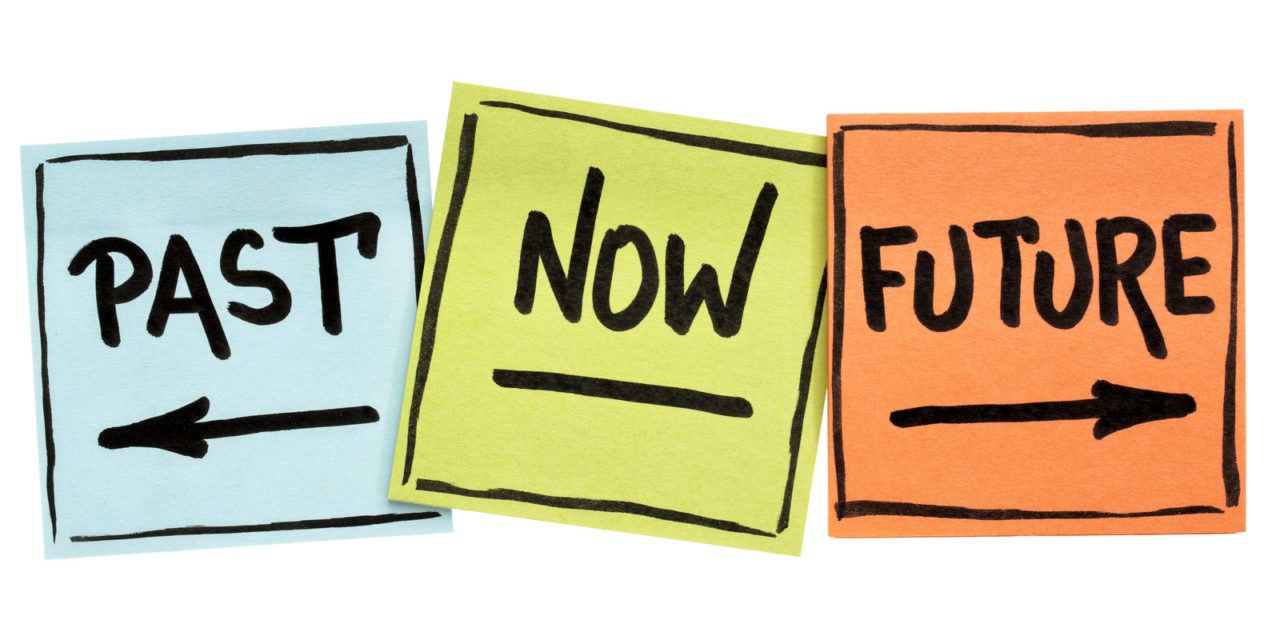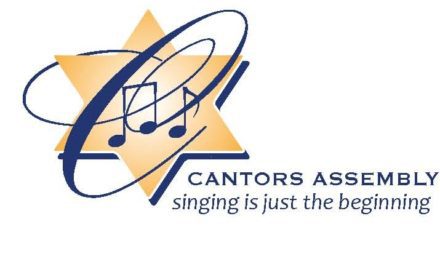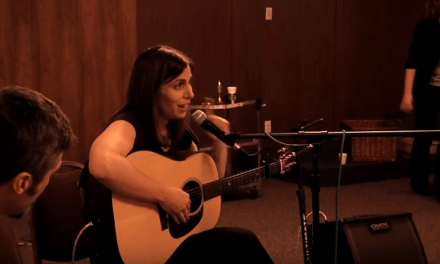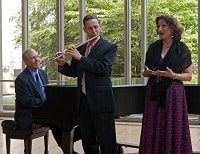Cantors G. Michael Horwitz, Steven Hevenstone and Ralph Goren share their experiences during the Covid-19 pandemic and ponder what the future may hold.
A Chaplain in the Time of Covid-19
By Hazzan G. Michael Horwitz
Since 2013, I have been a full time Staff Chaplain at the University of Alabama at Birmingham Hospital, the largest medical system in the state. Our pastoral care department has more than thirty chaplains as part of the UAB Medicine interdisciplinary team.
God is walking up and down our hallways bringing supernatural peace.
God is walking up and down our hallways bringing supernatural peace. I see amazing things happen in the hearts and souls of my fellow health care workers. These moments refine us and make us stronger. We find the sacred in the midst of the chaos. We support one another and pray together.
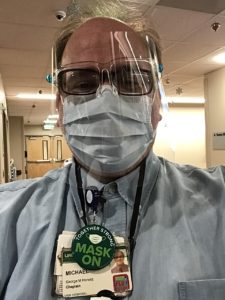 We encourage exhausted, anxious staff as best we can. I am in the midst of the grief, vulnerability, worry, stress, anxiety, discomfort and fear of my patients, families and staff and provide them the power of presence. Countless individuals over the past year have felt alone and untouched. Our pastoral care team provides prayers, songs and other coronavirus resources on the hospital website to our patients and their families.
We encourage exhausted, anxious staff as best we can. I am in the midst of the grief, vulnerability, worry, stress, anxiety, discomfort and fear of my patients, families and staff and provide them the power of presence. Countless individuals over the past year have felt alone and untouched. Our pastoral care team provides prayers, songs and other coronavirus resources on the hospital website to our patients and their families.
I am blessed to do this sacred work on the front lines.
Thankfully, some restrictions have recently been lifted, and outside clergy and families can visit their loved ones. Until the last few weeks, I had often been the only resource on my assigned units to relay information to and from the staff to the families of my patients. Sadly, I see patients pass away almost daily but I am blessed to do this sacred work on the front lines.
I ask that you pray and show empathy. Think about the health care workers which includes clergy like me who do this full time. And remember to sing even if nobody can hear you. Please wear a mask and be sure to get vaccinated. Be grateful, stay healthy and happy Passover!
Hazzan G. Michael Horwitz has been a Staff Chaplain at University of Alabama at Birmingham (UAB) Hospital
since 2013. He is a Board Certified Chaplain with the Association of Professional Chaplains and a
former member of the Cantors Assembly Executive Council.
There's A Light at The End of the Tunnel
By Hazzan Steven Hevenstone
“There’s a light at the end of the tunnel. There’s a light at the end of the tunnel.
The inside might be as black as the night, but at the end of the tunnel, there’s a light.”
The ancient Israelites experienced their own “light at the end of the tunnel,” escaping from the darkness of slavery by crossing the parted waters of the Sea of Reeds and reaching freedom on the opposite shore.
The ancient Israelites experienced their own “light at the end of the tunnel,” escaping from the darkness of slavery by crossing the parted waters of the Sea of Reeds and reaching freedom on the opposite shore. Moses, Miriam, and the Israelites celebrated this wonder and its intense emotions with music in the song of praise called Shirat Hayam (Song of the Sea). It is found in Parashat B’Shalach (Exodus 15: 1-18) and is chanted on Shabbat (Shabbat Shirah, the Sabbath of Song), on weekdays, festivals, and, coming soon, the seventh day of Passover.
Like last year, Pesach will be a celebration in which we follow health and safety protocols to protect our loved ones and friends. The melodies we sing from the Passover Seder may once again have a digitized feel to them. But we must take consolation in the fact that “there is a light at the end of the tunnel” and that our seders, religious services, concerts and holidays, will soon be enjoyed together as a community.
Hazzan Steven Hevenstone is the Hazzan at Dix Hills Jewish Center in Dix Hills, NY.
He is a composer and playwright and has been a member the Executive Council of the Cantors Assembly.
Zooming Into the Future
By Cantor Ralph Goren
It might be time to give a big “Shehecheyanu” as more and more people are being vaccinated and we might be seeing a return towards normalcy at the end of the pandemic. In the meantime, many congregations continue to use Zoom, or they might be “hybriding” between sanctuaries and zoom as my shul is. It is still a big part of the process of maintaining synagogue life.
There are obvious advantages of Zoom. We can stay connected, have services, programs and meetings and reduce isolation by “socializing” together online. There may be other benefits that we haven’t discovered yet. Zoom has attracted people to services who normally hadn’t attended. This gives us an opportunity to connect or reconnect with these people from our past. We also have attracted new people who may become part of our fold. In my shul in suburban Atlantic City, we have increased our Friday evening Kabbalat Shabbat attendance by over fifty percent as people who never came to our chapel are participating because of the convenience of Zoom.
I remember Hazzan Matt Axelrod of Congregation Beth Israel in Scotch Plains, New Jersey, sharing “that all of our technology is a gift from God.” This is especially true for those who are unable to come to services due to illness, distance or other impediments. I know many of my congregants find peace and solace by sitting in and listening to the service.
When the pandemic is finally over, we will have come out of this with a number of lessons and skills. Many of us, myself included, have learned new technological skills that will be invaluable in the future. Zoom and other communication platforms will continue to be part of our toolkit in our synagogues and personal life.
Most importantly, I think we need to keep the momentum going. As I mentioned, our Friday Kabbalat Shabbat Zoom services have generally seen higher attendance than our in-person ones. Although it might be controversial by some halachic standards, I think continuing in this format will maintain this new vitality.
We should be grateful for our technology and our ability to adapt and grow. Hoping you are all safe and that we will come out of this stronger.
Cantor Ralph Goren serves Beth El Synagogue in Margate, New Jersey
and has served on the Cantors Assembly Executive Council.
